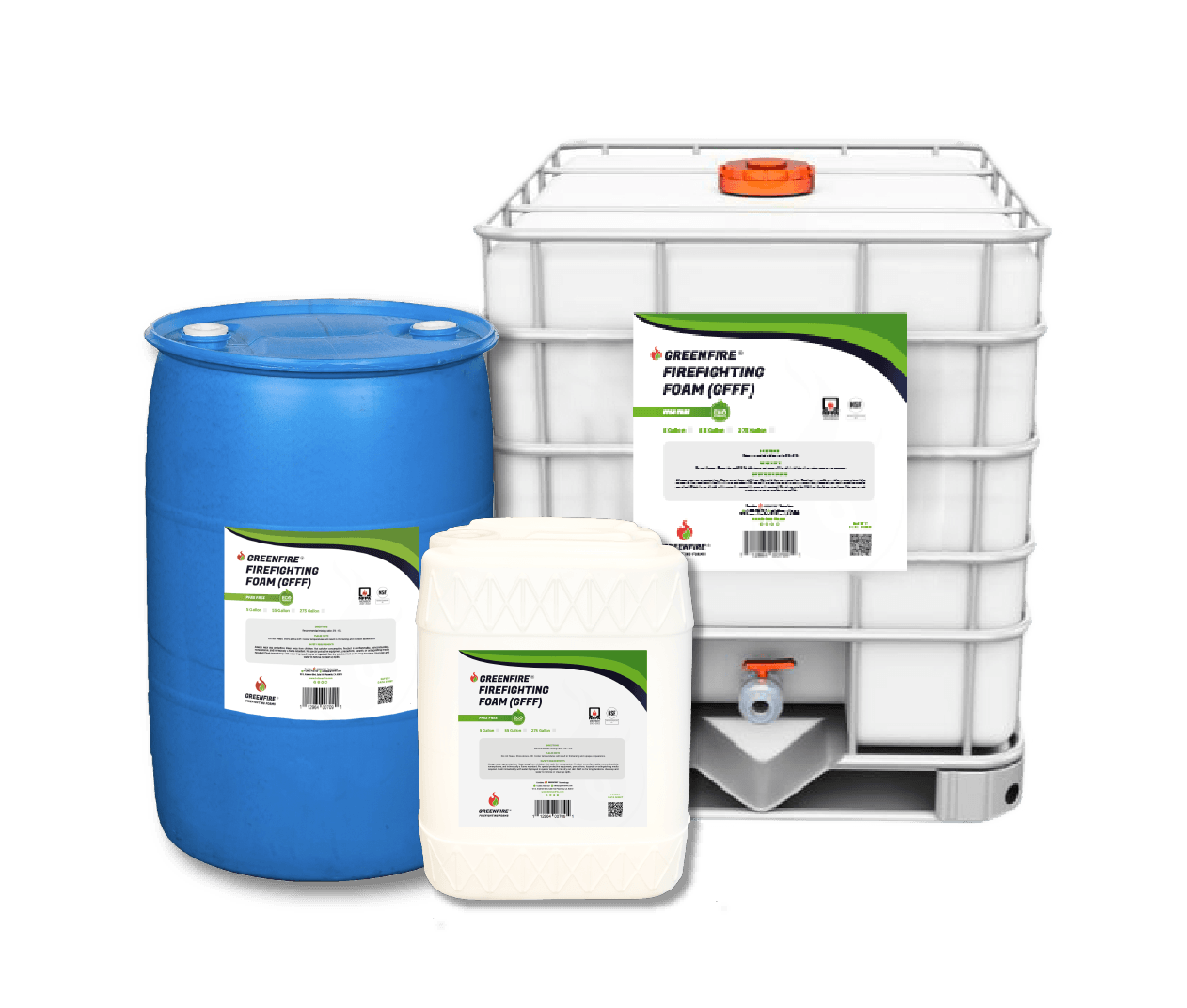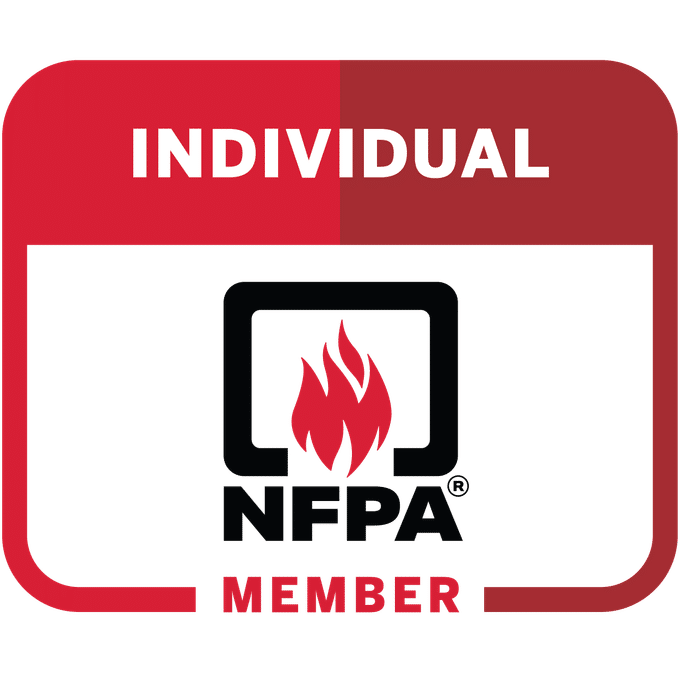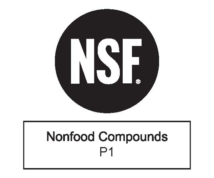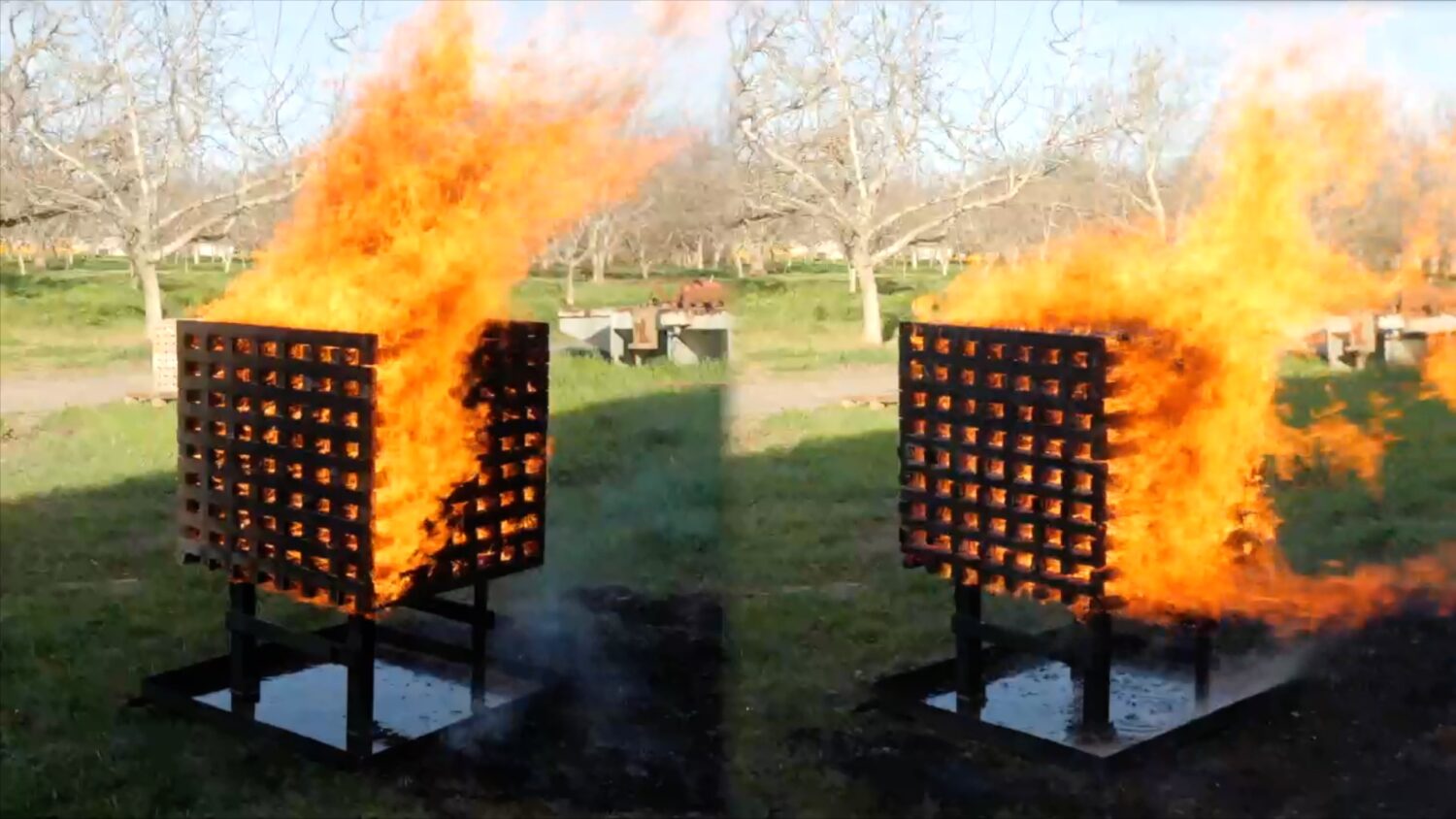GreenFire Firefighting Foam (GFFF)
Product Overview
GreenFire Firefighting Foam (GFFF) is a non-toxic, PFAS-free alternative to AFFF foam. Effective Class B foam that can be used in the same applications as AFFF, using the same equipment*, but without the toxic consequences.
Currently used and trusted by fire departments, and has been subjected to government testing (DOD, DOE, EPA, FAA) with successful outcomes.
*Requires FM approval for use in fixed systems.
Classification
-
- Class B
Firefighting Industries:
-
- Commercial
- Industrial
- Fuel Transportation
- Aviation
- Inner City
- Railways
GreenFire Firefighting Foam (GFFF) is designed for use in:
-
- Fire Engines
- Foam Tenders
- Compressed Air Foam Systems (CAFS)
- Fire Sprinklers*
*Manufacturer approvals required.
Product Information and Technical Data
Classification
GreenFire Firefighting Foam (GFFF) is Class B
PPE
No special protective equipment, precautions, hazards, or extinguishing media is needed when using GreenFire Firefighting Foam (GFFF).
Recommended Application Rates
CAFS (Compressed Air Foam System): 3%-6%
Conventional Foam Nozzles: 3%-6%
Physical Properties
Proportioning Ratio: 1%-6%
Specific Gravity: 1.02g/cc
pH: 6.8- 7.6
Viscosity: ~42cP (non-Newtonian varies depending on shear rate)
Shipping Specifications: 5 gal. (19 Liters.) 55 gal. drums (209 Liters.) 275 gal. Tote (1041 Liters)
Storage Temperature: 40°F-100°F
Surface Tension: 32 dynes/cm
Storage: For long term use make sure GreenFire Firefighting Foam (GFFF) is properly maintained in the approved container and stored within the recommended range, there is no shelf life.
Please Note* – If freezing occurs, thawing and subsequent stirring will make the product completely serviceable.
Typical Properties
Nominal Use concentration: 3%
Specific Gravity@77F (25C): 1.02g/cc
pH @77F (25C): 6.8-7.6
Density: 8.51 lbs./gal.
Viscosity @77F (25C): ~41cSt (non-Newtonian: varies depending on shear rate)
Shipping Specifications: 5 gal. (19 Liters.) 55 gal. drums (209 Liters.) 275 gal. Tote (1041 Liters)
Minimum use temperature: 35°F (1.7°C)
Storage temperature: 40°F-100°F (4.5°C – 38°C)
Freezing point: 30°F (-1°C)
Appearance: Amber liquid
Hazards
GreenFire Firefighting Foam (GFFF) is:
-
- Non-flammable
- Non-combustible
- Non-explosive
- Intrinsically flame retardant
- Non-Carcinogenic
- Non-Toxic
Environmental
GreenFire Wetting Agent is:
-
- PFAS Free
- Zero Haz-Mat clean up required
- Does not contaminate waterways
- Non-Carcinogenic
- Non-Toxic
- Zero VOC
- NSF White Book Listed
- Food environment safe
- USDA Recognized
- Eco friendly
Firefighting Applications
GreenFire Firefighting Foam (GFFF) can be used for:
-
- Petroleum or Alcohol-based fires
- Aircraft hangars
- Fuel storage
- Mechanical bays
- Equipment
Recommended Applications
The 0.1% – 3% can be used with conventional foam equipment with fresh, sea or brackish water.
Self inducting foam nozzles and foam nozzles with in-line inductors are among the most common types of hardware for application.
In addition to its use in aspirating foam equipment, it can be dispensed effectively through non-aspirating equipment Including fog nozzles, water spray devices and standard sprinklers.
Is effective in sub surface injection systems for non-water-soluble hydrocarbons. Sub surface injection is safe and reliable for fixed protection of storage tanks.
GreenFire Firefighting Foam (GFFF) may be applied to tires simultaneously with dry chemical firefighting agents because the two are compatible.
Features
GreenFire Firefighting Foam (GFFF) does NOT have a positive spreading coefficient and is therefore NOT considered an AFFF type foam.
However, its ability to form a stable foam blanked covering a fuel surface allows it to be used effectively in many applications where AFFF foams have previously been the standard.
Positive fire suppression and vapor control.
Proportions Readily: Permits use in a wide range or proportioning equipment.
Solution Stability: Solutions of GreenFire Firefighting Foam (GFFF) do not present “transit time” limitations through handlines or in fixed systems.










